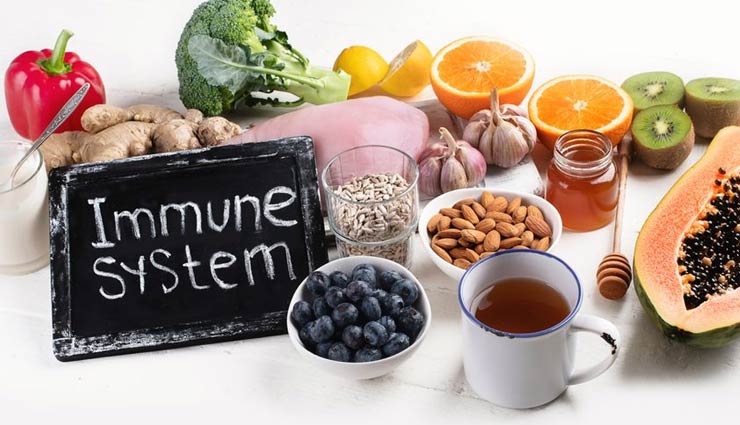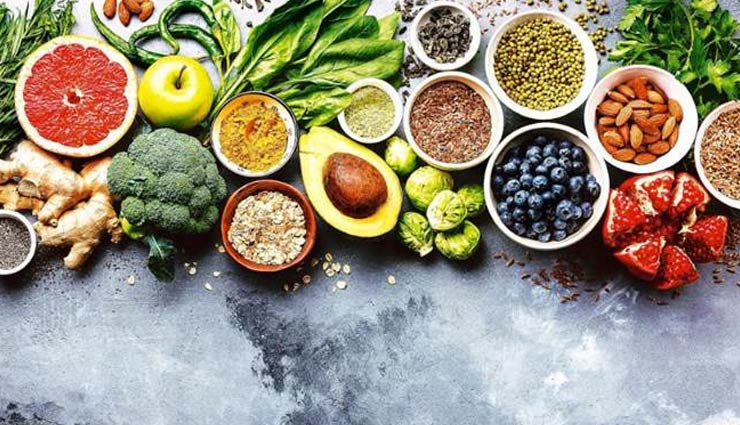- Home›
- Healthy Living›
- 5 Food You Must Eat To Boost Your Immunity To Stay Away From Coronavirus
5 Food You Must Eat To Boost Your Immunity To Stay Away From Coronavirus
By: Priyanka Maheshwari Sun, 29 Mar 2020 12:52:04

The immune system consists of organs, cells, tissues, and proteins. Together, these carry out bodily processes that fight off pathogens, which are the viruses, bacteria, and foreign bodies that cause infection or disease.
When the immune system comes into contact with a pathogen, it triggers an immune response. The immune system releases antibodies, which attach to antigens on the pathogens and kill them.
Incorporating specific foods into the diet may strengthen a person’s immune response. Read on to discover 5 foods that boost the immune system.
* Vitamin C
An essential nutrient, vitamin C acts as an antioxidant. Antioxidants help fight free radicals, a type of unstable molecule known to damage the immune system. There's some evidence that vitamin C may be particularly helpful in boosting the immune systems of people under major stress.

* Vitamin E
Like vitamin C, vitamin E is a powerful antioxidant. Research suggests maintaining ample levels of vitamin E is crucial for maintaining a healthy immune system, especially among older people.
* Zinc
Zinc is an essential mineral involved in the production of certain immune cells. The National Institutes of Health (NIH) caution that even mildly low levels of zinc may impair your immune function.

* Carotenoids
Another type of antioxidant, carotenoids are a class of pigments found naturally in a number of plants. When consumed, carotenoids are converted into vitamin A (a nutrient that helps regulate the immune system).
* Omega-3 Fatty Acids
Omega-3 fatty acids are a type of essential fatty acid known to suppress inflammation and keep the immune system in check.4 Although it's not known whether omega-3s can help fight off infections (such as the common cold), research suggests that omega-3s can protect against immune system disorders like Crohn's disease, ulcerative colitis, and rheumatoid arthritis.





